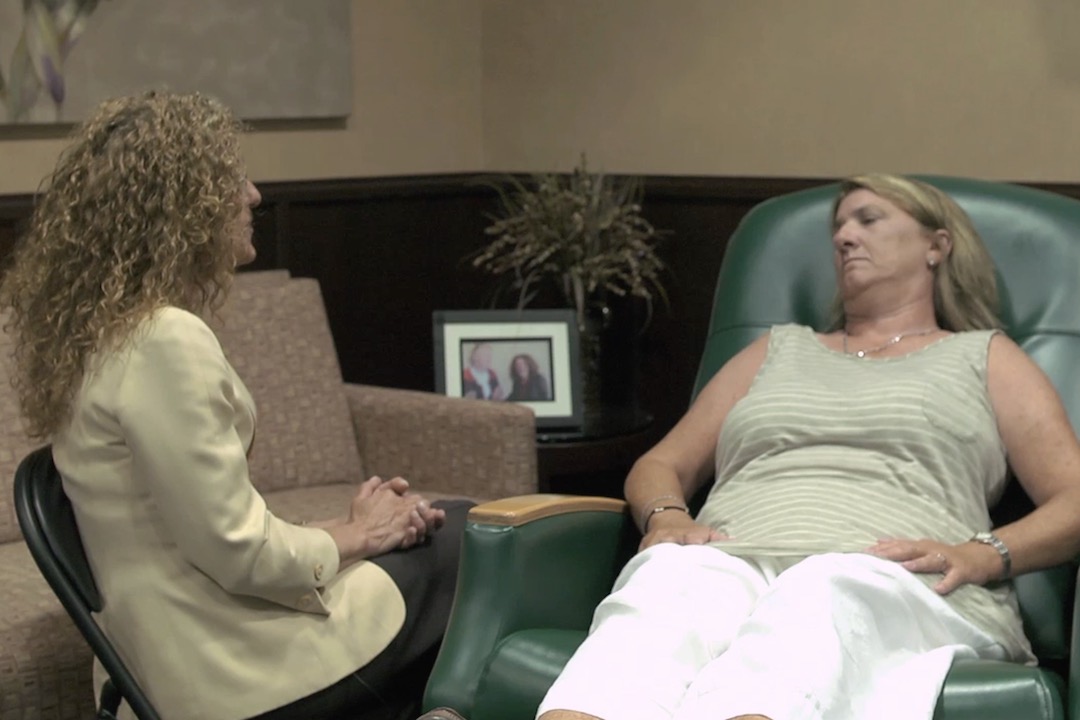Be Your Own Advocate: How to Make the Most of Your First Appointment
July 14, 2020While it is overwhelming to receive a breast cancer diagnosis, it is also a critical time to advocate for yourself regarding your treatment. The first step is to plan your consultations. Start by taking some deep breaths. Planning not only helps you to assess your options, it also fosters a sense of control. You can start to figure out what you already know, what you might need to know, and where your priorities lie. It can be extremely challenging to even begin to come up with questions: this is the time to ask friends to help you gather information from reputable sources.
At a time when you feel most vulnerable, empower yourself by creating some order within the disorder you feel. Here are a few ways to prepare for your first appointments and make the most of those consultations:
Come prepared with questions.
Bring a list of questions with you, organized in order of their importance to you. Try to keep them as succinct and focused as possible. Stick to your list, one question at a time. You can list or review with the physician at the beginning of the consultation what it is you’d like to cover to make it a productive visit.
Bring your partner or support person.
Bring your primary post-op caregiver to the visit (COVID-19 restrictions permitting). It’s important for that person to be a part of the conversation from the start so that they are receiving the exact same information you are. It’s the most inclusive way to approach this challenging time. They can also record your doctor’s responses to questions and help you stay on track.
If you don’t think you have someone who can help you after surgery, let your doctor know. We can help you create a plan.
Make sure you have the best contact information for your doctor.
Be sure to inquire as to the best way to contact your doctor in case you have additional questions. Request a recap of the options presented to you at the end of the consultation. This is most reasonable given the tremendous amount of information to absorb in the midst of emotional upheaval.
Consider post-op care.
Ask about what type of post-op care you might require, anticipated time to resume activities of daily living, and what you might need after surgery. Different treatment options require different recovery protocols. Learning those protocols can impact pre-op decisions and may help you choose the appropriate path. It can also help you and your caregiver walk into surgery with confidence and leave feeling prepared for what’s ahead.
Communicate openly and completely, avoiding self-judgment.
It’s important to share as much information with your doctor as possible. Share your family history and current medications including herbs and dietary supplements—those count as medications, too. As uncomfortable as it might be, it is critical to be fully honest about all elements of your lifestyle.
People often have trouble sharing certain past and present habits, behaviors, challenges, and circumstances, but omitting details can greatly impact both your care and your relationship with the treating physician. Your medical team is human, too. It’s essential to set aside self-judgment you may be carrying or fear of how your doctor may perceive you in order to provide vital information to create an appropriate surgical plan.
Remember what you know to be true right now.
In moments of emotional distress, I ask my patients to ask themselves, what do I know to be true at this moment? In your appointment, remember what you know to be true: you need to share the most complete, accurate information with your surgeon, so that he can partner to make the most appropriate treatment plan. Honesty will empower you to do just that.
Understand that you and this healthcare provider are teaming up. Approach it as you would any new relationship, aiming to build trust on both sides. Be as clear, open, and focused as possible, and remember to breathe!
The Long Term Benefits of Guided Imagery
One of the most difficult parts of a breast cancer diagnosis is the loss of control that comes with it. You’re plunged into a world…
